UK poultry companies to reduce food waste by 50% by 2030
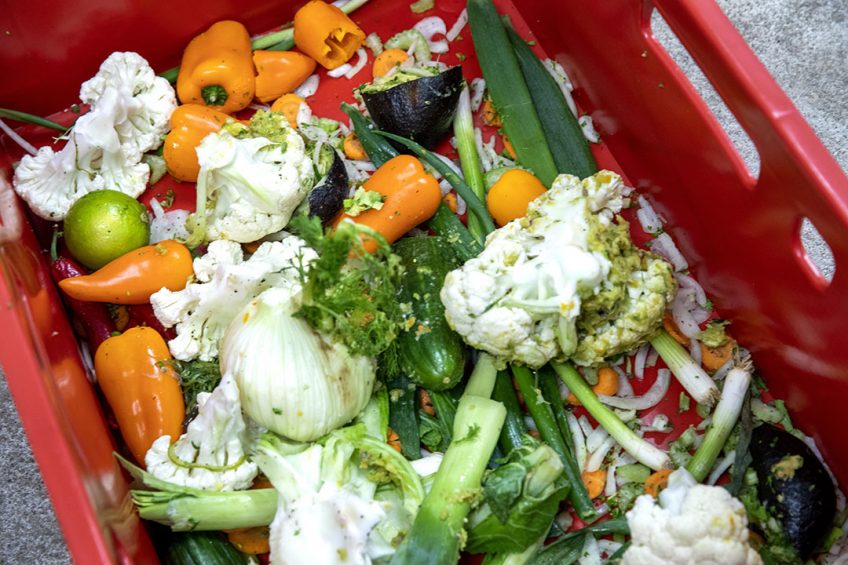
UK resource efficiency organisation WRAP, reached an agreement with a number of key poultry and pig companies, 3 years ago, to encourage them to reduce their food waste by 50% by 2030.
![]() WRAP has been a driving force in reducing the amount of food waste through the ground-breaking Courtauld Commitment in 2005 and the Love Food Haste Waste campaign from 2007.
WRAP has been a driving force in reducing the amount of food waste through the ground-breaking Courtauld Commitment in 2005 and the Love Food Haste Waste campaign from 2007.
WRAP has made a deal with 2 Sisters Food Group, Avara Foods, Moy Park Ltd and Noble Foods to enable them to sign up to the Food Waste Reduction Roadmap. Since then, the firms have made considerable strides towards reaching the ambitious targets. Noble Foods, which each week individually grades, packs and delivers over 60 million British Lion eggs for its customers, said business over the last few months had been tough.
“Like every other food producer, the last few months have seen our business face a significant number of challenges that have never been encountered before. In order to maintain our supply whilst also ensuring a safe working environment for our colleagues, we had to move at pace. The decisions we took added a significant amount of complexity into our supply chain but avoiding food waste during this period remained a key target for us.”
 The greatest ally in egg production
The greatest ally in egg production
The egg industry is currently dealing with its fair share of challenges. With EU production outstripping consumption and prices being squeezed, producers are looking for more ways to improve the efficiency of their business.
Noble Foods: Challenging consumer habits
As a result of challenging consumer habits during lockdown, Noble Foods saw a huge spike in retail demand for eggs while food service volumes dropped substantially. This left the firm with a significant risk as the eggs used for food service customers are from white hens laying white eggs. With UK consumers not used to buy white eggs from supermarkets since the 1970s the company was faced with having to find a market for 900,000 eggs a week during the Covid-19 lockdown. Its answer was one of the UK’s largest retailers Tesco.
 Chicken buyers most open to meat alternatives
Chicken buyers most open to meat alternatives
Poultry farmers are facing increasing pressure from vegetarians and vegans, particularly among the health and environmentally-aware younger generation. Poultry World looks at the issues and the response of the poultry sector.
Getting eggs onto supermarket shelves
“Due to the close working relationship we have with Tesco we are were able to approach them about the white egg volume we had available and very quickly moved through the technical and agriculture processes to ensure that the rigorous sign off conditions could be met. This meant we were able to get these eggs into a Tesco box and onto shelves at a point in time when demand was soaring and getting stock onto the shelves was critical.”
2018: Noble Foods
Turning to last year, the company handled 114,068 tonnes of food compared to 113,876 tonnes in 2018. Despite the increase in total food handled, food waste dropped from 0.4% (493 tonnes) in 2018 to 0.3% (386 tonnes) last year, resulting in a 38% fall from the 2017 baseline year. The majority of the firm’s food waste (91%) is used for anaerobic digestion with the remaining 9% used for energy generation. Noble Foods also sends 845 tonnes of unfit liquid egg and shell abroad to be converted into pet food.
Avara Foods: Continues to invest in poultry plants
Poultry provider Avara Foods, which employs 7,000 people in 10 manufacturing sites across the UK and processes 230 million birds/year, said it was continuing to invest in its plants to increase automation where possible and maximise the edible meat yield from processing.
Avara’s policy is to send all by-products to the next best destination outside of the human food chain. Last year, it sent 130,936 tonnes of animal by-product for processing to the pet food and other products sectors, representing an increase of 35,000 tonnes on 2018 figures. Avara also sent 57,980 tonnes into fuel, agricultural products or anaerobic digestion to produce energy.
The company continues to support the food poverty charity FareShare and has increased its weekly supply to almost 3 tonnes of fresh chicken per week. Between June 2019 and May 2020, it provided 103 tonnes, supplying 200 charities and community groups, including schools, food banks and homeless shelters.
Popularity of poultry continues globally
In 2019, the global poultry market increased by 6% to US$ 231.5 billion, rising for the 3rd consecutive year. Global consumption peaked in 2019 and a continued upward consumption trend is expected, according to an IndexBox report.
Moy Park: Minimise waste from farm to fork
Moy Park said that earlier this year it had joined the “Meat in a Net Zero World” initiative, a cross industry vision to optimise productivity and minimise waste from farm to fork, During the reporting period, it also embarked on a community “Chicken Run” initiative, taking to the road to deliver products to doorsteps across Northern Ireland.
2 Sisters Food Group: Reviewing controls
2 Sisters Food Group said it had taken measures at its poultry processing sites including reviewing controls on key areas of production planning. Line optimisation has reduced quality issues associated with machine compatibility, while modification to conveyors has improved the efficiency of transfer of products between chiller and packaging areas at one of its sites.
Join 31,000+ subscribers
Subscribe to our newsletter to stay updated about all the need-to-know content in the poultry sector, three times a week. Beheer
Beheer

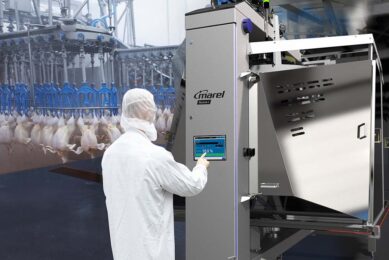
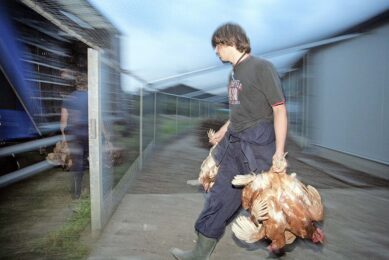
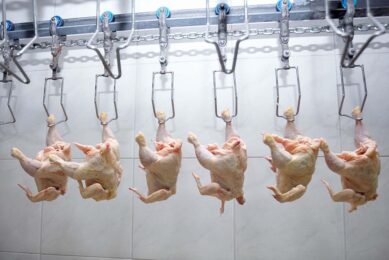
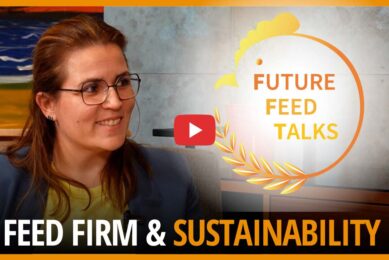



 WP Admin
WP Admin  Bewerk bericht
Bewerk bericht